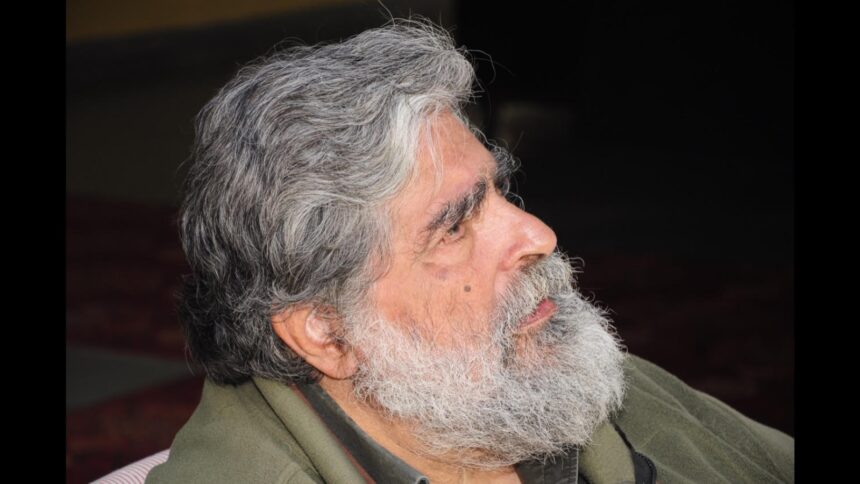Valmik Thapar, a towering figure in Indian wildlife conservation and one of the country’s most passionate advocates for the tiger, died Saturday morning at his residence on Kautilya Marg in New Delhi. He was 73 and was diagnosed with cancer last year.
Over nearly five decades, Thapar became synonymous with India’s tiger conservation efforts. An author of over two dozen books on wildlife and conservation, Thapar has also presented several landmark wildlife documentaries, including the seminal BBC series “Land of the Tiger” (1997).
His entry into the world of conservation came in 1976, after an encounter with Fateh Singh Rathore, then director of the Ranthambhore tiger reserve in Rajasthan. Both outspoken and often contrarian, Rathore and Thapar formed an indefatigable partnership that inspired India’s conservation efforts and policies over four decades. Until his last days, Thapar was involved in conservation work, notably through TigerWatch, a non-profit established by Rathode in Sawai Madhopur.
Thapar served in multiple apex bodies of the government, including the National Board for Wildlife. He was also a member of the Tiger Task Force set up to prescribe reforms in the aftermath of the disappearance of tigers from Rajasthan’s Sariska. He was a staunch critic of the “lethargic government system” and had famously observed that “bureaucracy killed more tigers than bullets ever did.”
In 1987, Thapar set up Ranthambhore Foundation, a non-profit that worked for integrating local communities into conservation efforts. He also partnered with the non-profit Dastkar to create livelihoods for displaced villagers.
Thapar was born in 1952 in to Romesh and Raj Thapar, journalists and co-founders of the political journal Seminar. He is survived by his wife, Sanjana Kapoor and son, Hamir Thapar.
In his book ‘Tiger My Life, Ranthambhore and Beyond’, Thapar, in 2012, summed up what he called his mission: “My fight was always for inviolate spaces—where the tiger could live free, away from noise, away from humans.”








